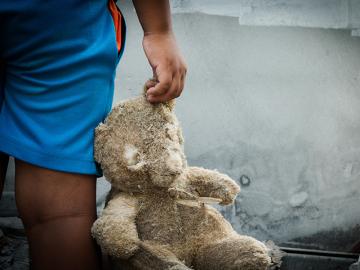FRA’s report ‘Unaccompanied children outside the child protection system – Case study: Pakistani children in Greece’ documents the hardships unaccompanied children faced coming to Europe. It also details the challenges of being in Europe.
It highlights how those who travel alone risk sexual and labour exploitation, and abuse.
Most Member States cover the protection of unaccompanied migrant children in their asylum policies rather than in general child protection systems for children without parental care. Therefore, children who are not in the asylum system face greater risks. These include children who had difficulties seeking asylum or had their application rejected.
The report suggests what the EU and its Member States could do to protect the rights of unaccompanied migrant children who are outside the child protection system. This includes:
- improving the identification and registration of unaccompanied children, and then appointing them guardians;
- providing unaccompanied children who fall through the asylum system with a clear legal status, so they can effectively access basic rights, such as healthcare and education;
- improving data collection to allow authorities to design evidence-based responses;
- preventing and investigating fundamental rights violations at borders;
- addressing exploitation and victimisation.
The report examines the specific case of unaccompanied children from Pakistan – the largest group in Greece in 2019. However, the child protection challenges identified are relevant for all unaccompanied children coming to and living in the EU.
Since the fieldwork in 2019, policymakers in Greece addressed some of the challenges highlighted in this research.
This report should guide additional, systematic efforts to ensure the rights of unaccompanied migrant children are fully protected.
